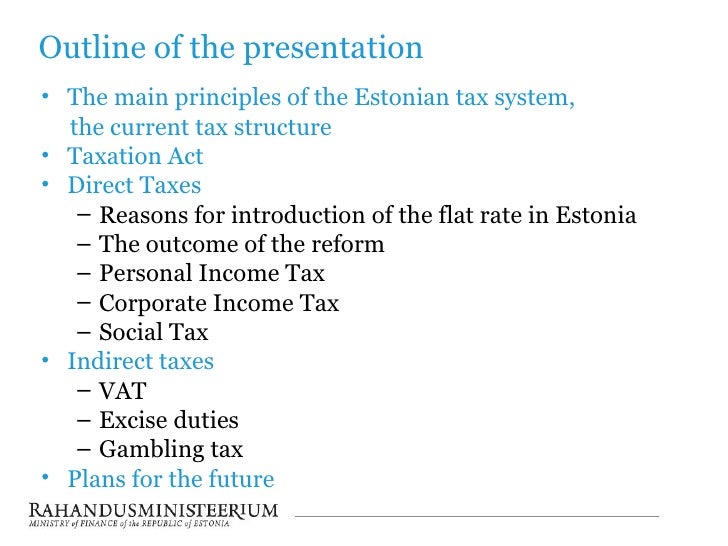Serbia Gambling Tax
Under the new bill, Serbia would hike taxes on online sports betting and casino-style gaming from 5% of gross revenue on all verticals to 15% for sports betting and 10% for other digital gambling products. There are 4 types of Maltese licenses, each necessary for conducting a particular type of gambling activities: Class 1 – for casino games, skill games and lotteries, Class 2 – for betting, Class 3 – for peer betting and betting exchanges and Class 4 – for software vendors. Serbia also has the smallest corporate tax rate all over Europe. Double taxation treaties are signed with more than 50 countries. Serbia has become a candidate state to the European Union and specific measures are taken for reforming the state administration and public finances.
| ||||||||||||||||||||||||||||||||||||
Online gambling is one of the biggest markets in Europe. It’s worth billions of euros and contributes hugely to taxes across the continent.
The popularity of online casinos such as Rubybet.com welcomes thousands of players daily, all placing their bets and ultimately boosting the coffers of governments globally.
As technology continues to improve, and online casino games improve and become more realistic, the number of people playing is only going to continue with it. In fact, by 2022 the global worth of the market is set to be worth more than $81billion.
Across the EU different countries collect varying levels of income from gambling, but what countries making the most through taxing the market?
The United Kingdom
Serbia Gambling Tax Act
Tax receipts in the UK are thought to be as much as £2.7billion, which is a huge amount going in the government's coffers to be spent on the likes of the NHS, transport and more.

Despite this, operators based in the UK do have a relatively good deal when it comes to tax, and have to pay 15% on their profits, which is significantly lower to other parts of the EU.
This is a fixed rate and has contributed to a booming industry with major bookmakers and casinos using the UK as home.
Netherlands
Just across the North Sea in the liberal country of the Netherlands, tax is a little higher with casino operators having to pay 29% tax on gaming revenue, while also having to make contributions to the gaming authority.
They are required to make a 1.5% to that authority as well as having to place 0.25% into an addiction fund, to help addiction care.
Unlike in the UK, which doesn't tax winnings, players have to report any gambling winnings and could be taxed upon them.
Sweden
Most things in Scandinavia are more expensive than in the UK, and that's the deal gambling operators get too, although not considerably.
Sweden is often sighted as one of the big names in online gaming and the gambling tax in the country is 18% of gross revenue.
On top of this, any company wishing to operate from Sweden must purchase a licence, which will cost between €6,000 and €70,000 dependent on size.
Italy
Italy is a nation which is huge when it comes to online gaming, although it is having to fight recent government changes. A bill has been put in place to ban advertising during football games, which could affect revenue, although the industry is still flying high.
In the country, revenue continues to increase for gaming companies, and the government are earning 22% on all profits.

Greece
Serbia Gambling Tax Rate
Greece on the other hand taxes companies highly and isn't particularly welcoming for gambling companies to operate out of. They're taxed a rather large 35% on profits, with very few gambling licences actually available.

Serbia Gambling Tax Credit
It's one of the worst places for companies to invest out of and investors certainly opt for neighbouring countries with more generous tax offerings.